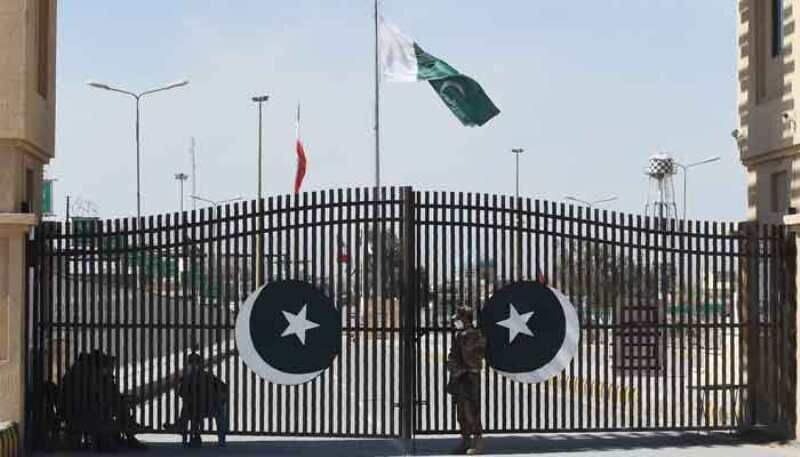Daily ‘Dawn’ in its report said there has been a smooth flow of Iranian edibles into Balochistan through regular and irregular border points for years. One such point is in Panjgur, which is located in the Makran division.
The irregular border point through which Iranian edibles are imported is called Chedgi, near the Mashkel River in Panjgur. It generates handsome revenue for the customs department every year.
Locals say they go to the Chedgi border to earn a livelihood as porters. But trade activities have now come to a halt following the outbreak of Covid-19.
The local Baloch who depend on the trade with Iran will soon be out of food even if they manage to escape Covid-1.
The situation is so bad that the local Baloch who depend on the trade with Iran may starve to death even if they manage to escape Covid-19.
Like Panjgur, the other three bordering districts namely Turbat, Gwadar and Washuk also have irregular trade points with Iran. The situation there is more or less the same.
Chaghi, at the Taftan border point, is the sole official border point between Pakistan and Iran. Pakistan would import edibles through that point three days a week until recently.
The customs would collect revenues of over Rs800 million in a month on the Taftan border. It is now closed owing to the Covid-19 threat.
Officials in Taftan while talking to the daily appreciated Iran’s gesture of kindness as they let the export of edibles continue through Zero Point. As a result, residents of Taftan can get such items at throwaway prices.
“But Quetta is hundreds of kilometres away from the Iranian border. This makes it too difficult to send imported edibles to Quetta. Owing to the Covid-19 threat, the economic situation has become even worse. The provincial government does not have a mechanism to cope with the situation,” said the reported.
It added Prime Minister Imran Khan has announced a stimulus package to minimise the adverse impact of the Covid-19 outbreak on the national economy.
Balochistan-based businessmen and traders are dissatisfied as they don’t expect to reap the benefits of the financial package.
Quetta Chamber of Commerce of Industry Senior Vice President Badruddin Kakar has got many reasons as to why he believes the trade with Iran has “officially and deliberately” been discouraged.
He says he understands the trade on the whole is now suffering amidst Covid-19 and that the cross-border movement of goods via barter trade (owing to sanctions on Iran) has been affected.
“But no one is bothered. Trade is being affected because of not only Covid-19, but also mismanagement from the top. The provincial economy is collapsing,” Mr Kakar says.
He says thousands of local people have become jobless in recent weeks.
Dawn said as the Covid-19 threat is not likely to fade away for months, it will leave long-lasting and irreversible effects on the trade with Iran and Afghanistan.
It said the Iranian government has written a letter hinting at the possibility of continued trade, said Kakar. “Based on the Iranian letter, we have also written a letter to higher-ups, requesting that, as per the terms and conditions of the World Health Organisation, they should allow the trade through safe means.”
272**1424
Follow us on Twitter @IrnaEnglish





Your Comment